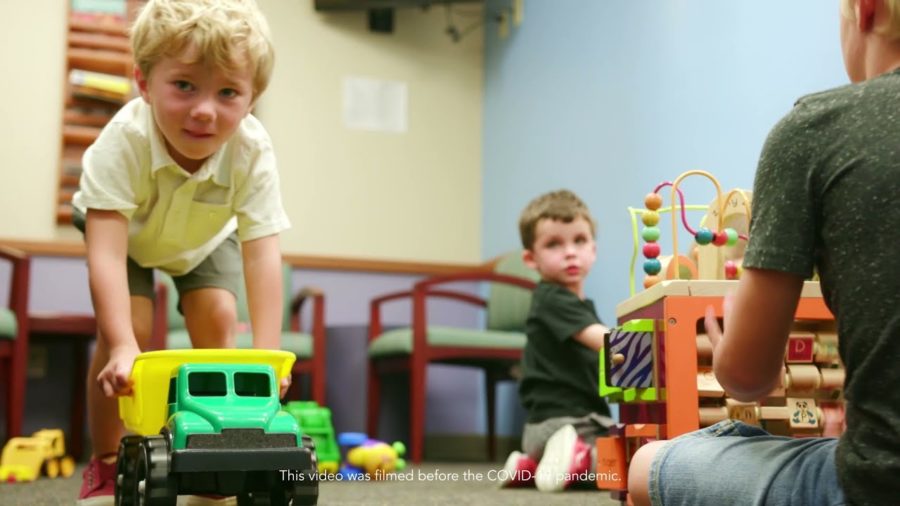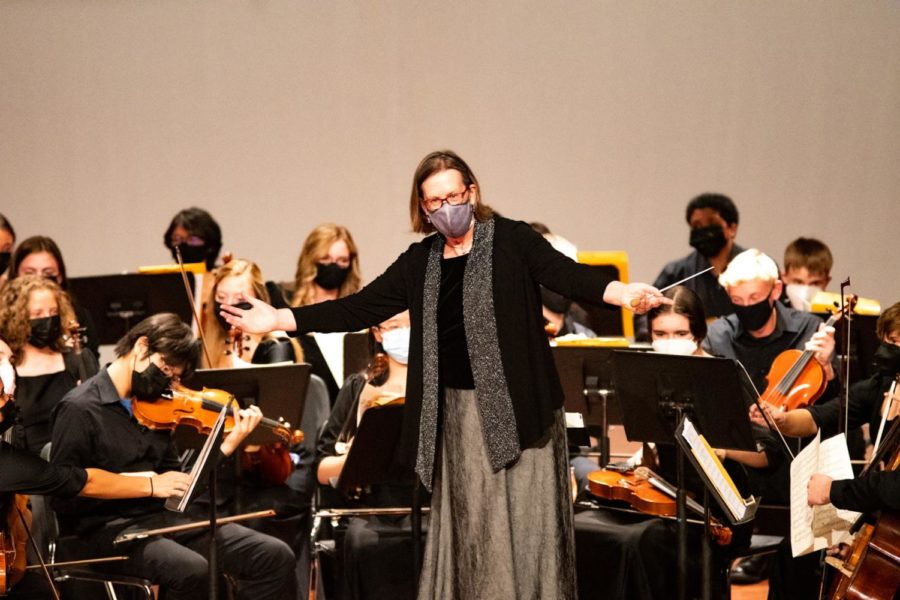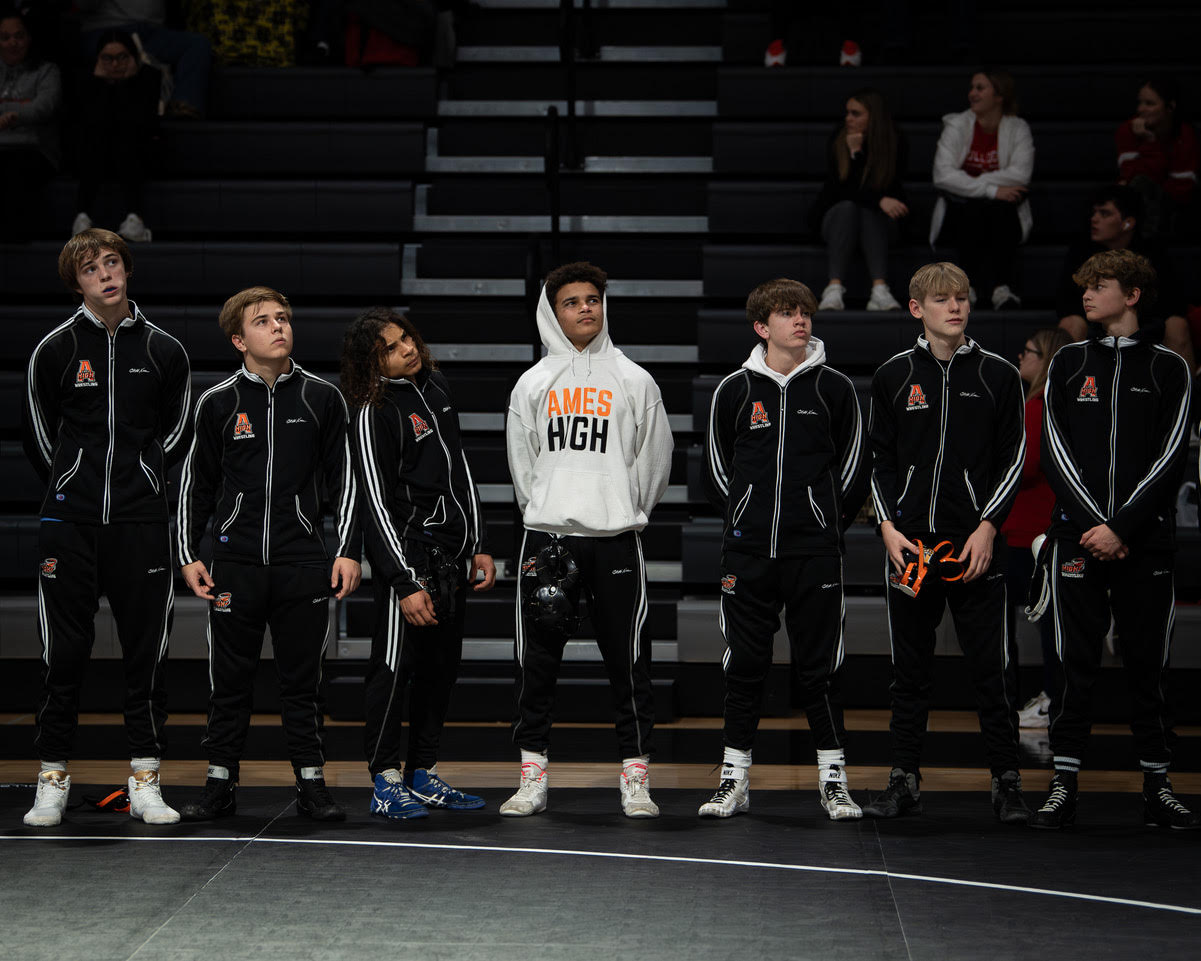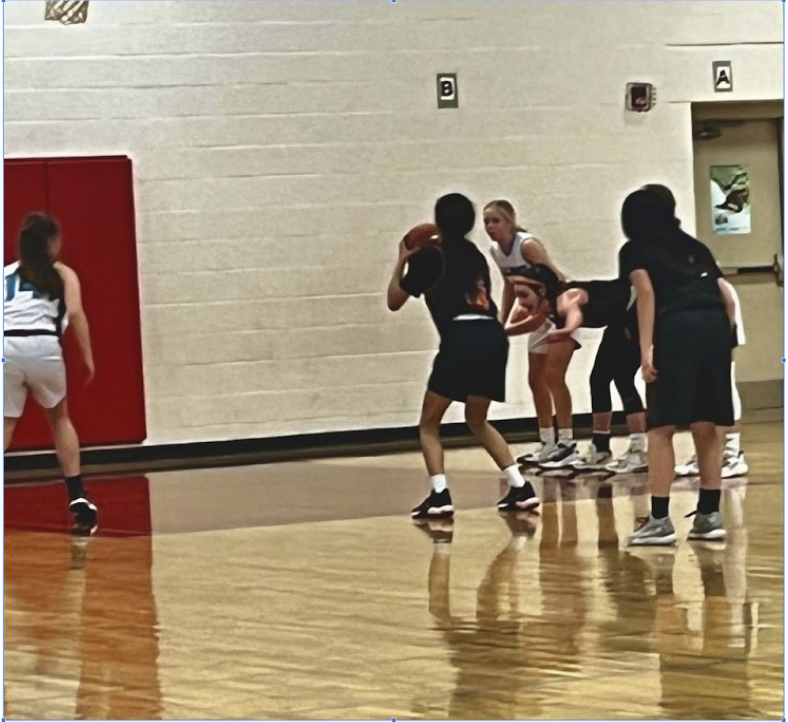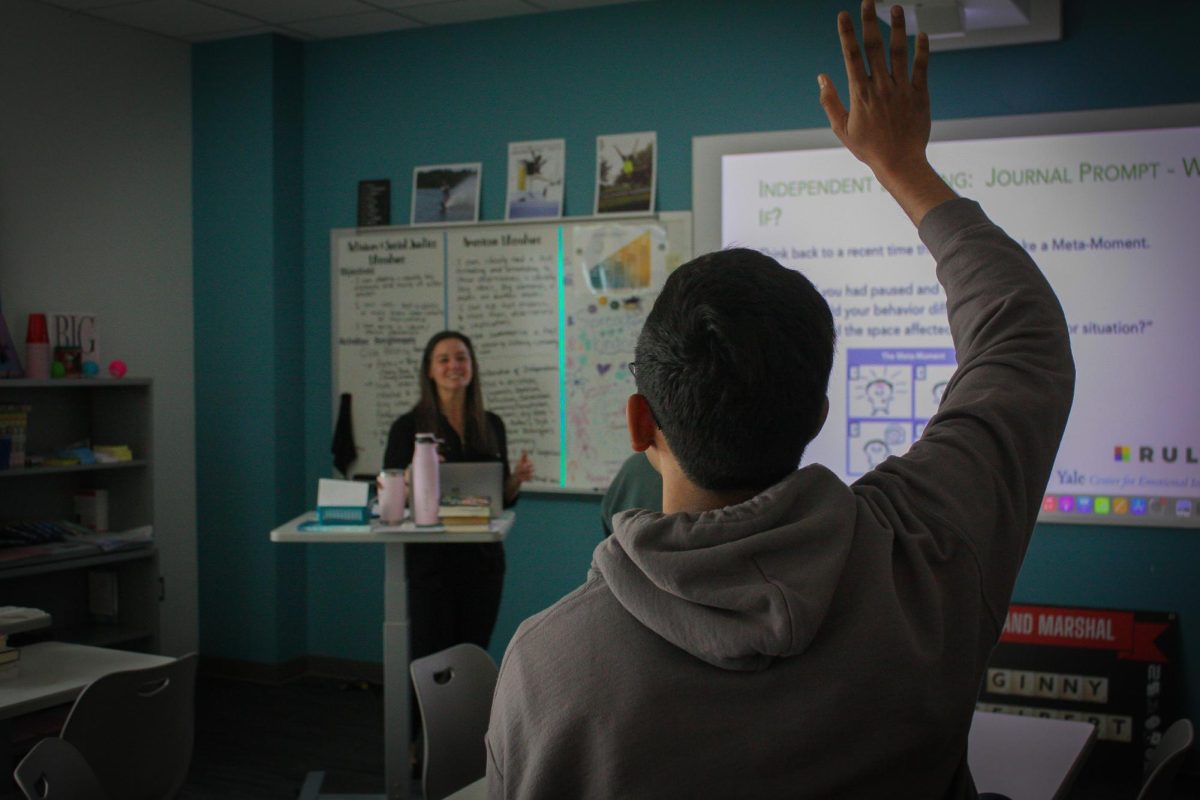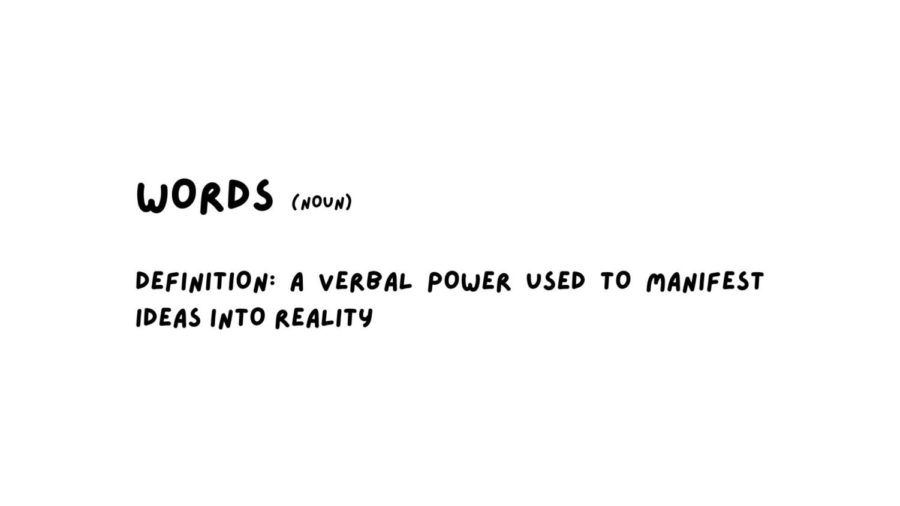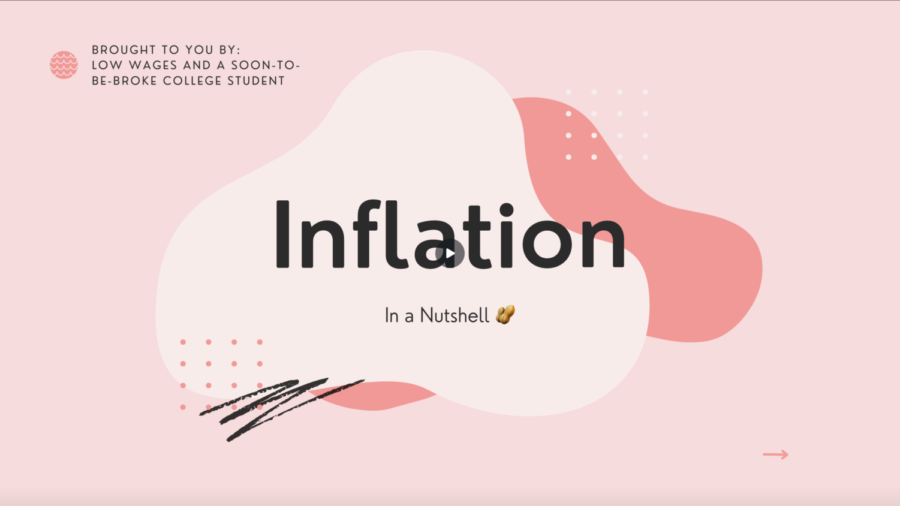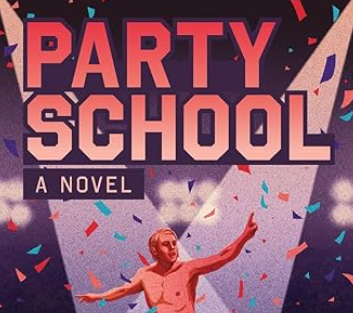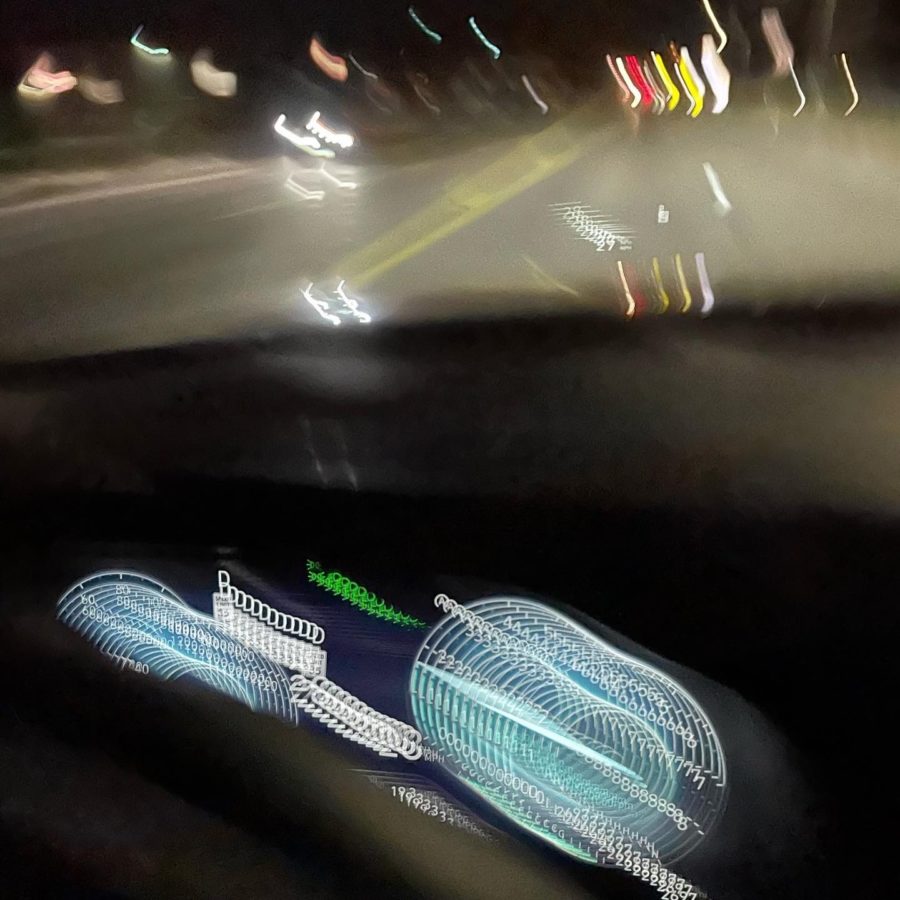Over the past few months, the violence of drug cartels in Mexico has become a central focus in the American media. The horror stories of beheaded police officers and political assassinations are only a few examples of an abundance of violent action being taken by the cartels to control and intimidate certain drug trafficking regions of Mexico. Though the conflict is not new, its recent attention has brought several important issues to light, including the morally and politically charged issues surrounding the criminalization of drugs. No matter what side of the fence you’re on (no pun intended), it is essential to acknowledge the overwhelming complexity of the situations that surround the issue of drug criminalization. It is NOT a simple matter of right and wrong as it is often made out to be, and it is certainly not about promoting or chastising drug use. Instead, the core of the issue lies in the question of what drug policy can best eliminate and address the problems and conflicts that accompany drug use in any society. To begin to answer this question, it is crucial to note the overwhelming powers of free market supply and demand. It has been apparent many times throughout history that making an in-demand substance illegal does little to stop its production or distribution. The most illegalization does is change the means by which production and distribution happens because inevitably, if a demand exists, someone will be there to profit from it. Just think back to the US prohibition of alcohol in the 1920s. Alcohol was still widely distributed in this era, but instead of being peaceably and fairly bought and sold in a reasonable fashion, the distribution of alcohol became violent and unfair as it was monopolized by gangsters like Al Capone who used the criminalization of alcohol as a way of gaining power, influence, and money in their respective communities. The eventual re-legalization of alcohol was on of the chief reasons for the fall of the violence and criminal activity of these gangsters. In many ways, the situations that were caused by the US prohibition of alcohol are synonymous to the situations being played out in present day Mexico. The criminalization of the drug trade is undeniably the single biggest reason for the rampant criminal activity unfolding in Mexico today as it not only elevates deranged criminals to positions of great power and influence in society, but it also serves to establish violence as a legitimate means of gaining that power. With these arguments in mind, one must determine what the lesser of two evils is. Our current drug policy seems to result all too much in the rise violence and criminal activity, while the complete and total legalization of all drugs has its own problems as well. Ideally, it would be nice to have a plan somewhere in between those two options that included elements of both legalization and regulation. However, in the end, I would much rather have adults legally choosing to abuse themselves in the safety of their own homes (like they already do via alcohol and tobacco use) than have violent criminals abusing innocent civilians and terrorizing society as a whole. Ultimately, it all comes down to the question of what would most benefit the greater good, and in this case, legalization beats out violent societies run by drug lords anyday.
Categories:
Drug wars in mexico: criminalization of drugs
Ben King
•
April 10, 2009
Story continues below advertisement
0
Donate to The WEB
$75
$450
Contributed
Our Goal
Your donation will support the student journalists of Ames High School, and Iowa needs student journalists. Your contribution will allow us to cover our annual website hosting costs.

